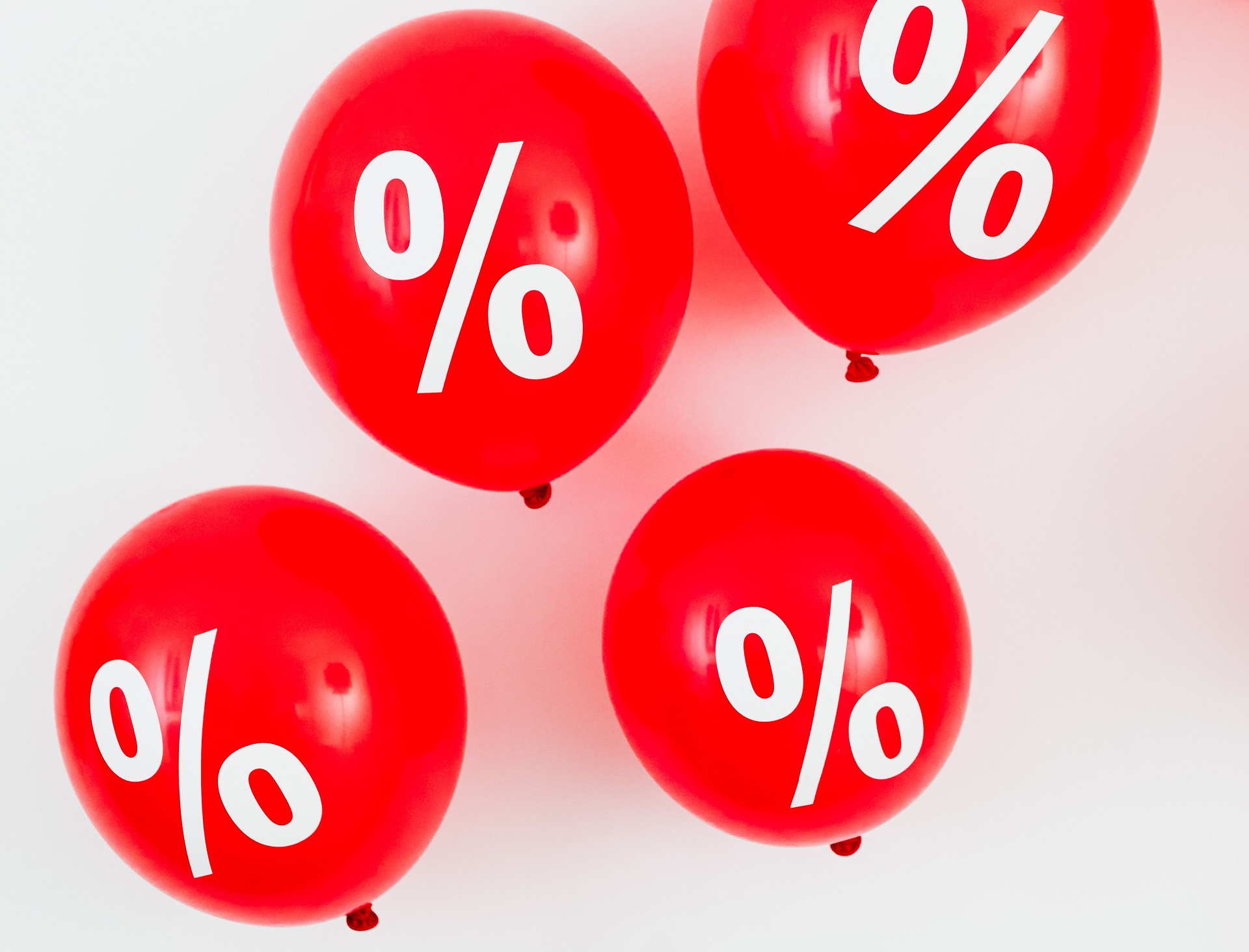
House prices in the UK are now moderating following record rises over the last few years, as higher mortgage and interest rates impact affordability of homes. Given there have now been five consecutive rises in Bank of England’s base rate, mortgage applications and commitment values are up as borrowers seek to finance (and refinance) their homes in advance of further rate increases.
Total residential mortgage loan values soared on a quarterly basis up by 3.8 per cent to £1.648 billion over the course of the second quarter, according to Bank of England figures. Despite housing market data showing a slowdown in buyer enquiries and mortgage approvals, new mortgage commitments by lenders similarly rose 1.7 per cent relative to the previous quarter as base rate changes drove remortgage activity.
The average value of a home in the UK is now approximately £294,260, according to the Halifax house price index, representative of an 11.5 per cent annual rise through to August. This however has slowed down from 11.8 per cent growth in July indicating more static growth given the effect of the cost of living crisis.
Part of this can be explained by less choice in mortgage products, with Moneyfacts’ latest reporting indicating lenders have restricted available offers from 4,407 in August to 3,890 in September, down 13 per cent. With the base rate currently at 1.75 per cent, and expected to ratchet up to 3 per cent, market traders and commentators anticipate the greatest impact on variable rate mortgage holders.
Demand for residential property in the UK is still 25 per cent above average for the last half decade, according to Zoopla, with housing inventory supply shortfalls relative to pent up buyer needs. The rapid uptick in residential rents across the country has strengthened the home buyer value proposition with long term oriented house buyers driven towards increasingly opting for the security of fixed rate mortgages.
An increasing number of homeowners are now opting for longer-term fixed mortgages in a bid for stability in the face of continued rising interest rates. But while historically borrowers would pay more to fix in for longer, this price gap is closing and, in some circumstances, has disappeared altogether.
https://www.forbes.com/uk/advisor/mortgages/mortgage-rates-09-07-22/
References